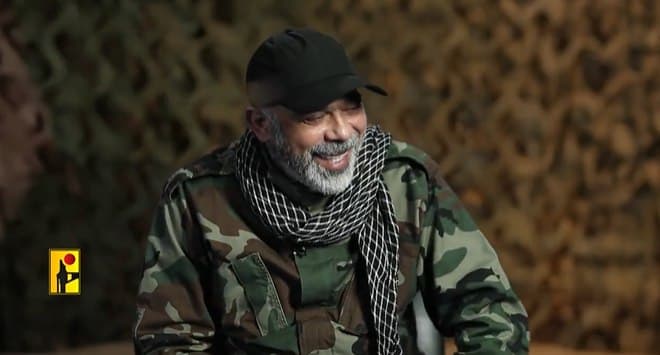Israel Eliminates Key Hezbollah Commander Haitham Ali al-Tabtabaei
On November 24, 2025, Israel successfully targeted and eliminated Haitham Ali al-Tabtabaei, a prominent military commander of Hezbollah. This operation is regarded as one of the most significant setbacks for the militant group since the ceasefire, marking a critical blow to its operational capabilities. Al-Tabtabaei was considered one of Hezbollah"s most dangerous military leaders, second only to the group"s Secretary-General Hassan Nasrallah, and was viewed by some analysts as even more consequential than other key figures such as Imad Mughniyeh and Baha Abu al-Ata.
Key Details
Haitham Ali al-Tabtabaei"s military career within Hezbollah was marked by his extensive experience and leadership roles. Following the assassination of Nasrallah in 2024, al-Tabtabaei returned from Syria and, alongside Mohammed Haydar, was tasked with the critical mission of rebuilding Hezbollah’s military infrastructure, which had been severely damaged. His operational authority and proven track record positioned him as the de facto military leader of the organization.
Prior to his recent role, al-Tabtabaei served as the commander of Hezbollah forces in Syria, where he played a crucial role in supporting the Assad regime during the Syrian Civil War. His leadership was instrumental in maintaining the regime"s stability amidst ongoing conflict. In addition to his contributions in Syria, al-Tabtabaei was responsible for orchestrating numerous attacks against Israeli forces in recent years, further solidifying his reputation as a formidable commander.
Al-Tabtabaei was also the founder of Hezbollah’s Radwan Forces, a specialized unit designed to execute operations against northern Israel. This unit was part of the original operational plan developed for the October 7 assault, which has since been adapted by other militant leaders, including Yahya Sinwar of Hamas.
At the onset of the current conflict, al-Tabtabaei was already recognized as one of Hezbollah’s top three or four battlefield commanders. His reputation was underscored by his survival of multiple Israeli assassination attempts prior to this successful operation.
Background
Hezbollah, a Shiite militant group based in Lebanon, has been a significant player in regional conflicts, particularly in its opposition to Israel. The group has received support from Iran and has been involved in various military operations across the Middle East, including in Syria, where it has fought alongside government forces. The assassination of key figures within the organization, such as al-Tabtabaei, is seen as part of Israel"s broader strategy to weaken Hezbollah"s military capabilities and deter future aggression.
Impact
The elimination of Haitham Ali al-Tabtabaei is expected to have far-reaching implications for Hezbollah"s operational effectiveness. His absence may create a leadership vacuum within the organization, potentially hindering its ability to coordinate military actions and rebuild its infrastructure. Analysts suggest that this loss could embolden Israeli forces and alter the dynamics of the ongoing conflict in the region.
As Hezbollah grapples with this significant loss, the group may need to reassess its strategies and leadership structure. The repercussions of this operation could extend beyond immediate military concerns, influencing the political landscape in Lebanon and the broader Middle East.
For more on related international developments, see our coverage on recent developments in Sudan and the US designation of the Cartel of the Suns as a Foreign Terrorist Organization.


![[Video] Heavy clashes and gunfire reported in Baghdad, Iraq](/_next/image?url=%2Fapi%2Fimage%2Fthumbnails%2Fthumbnail-1768342239932-848qsh-thumbnail.jpg&w=3840&q=75)




![[Video] Gunfire between Iraqi security forces and Sadr militias in Baghdad](/_next/image?url=%2Fapi%2Fimage%2Fthumbnails%2Fthumbnail-1768343508874-4redb-thumbnail.jpg&w=3840&q=75)
